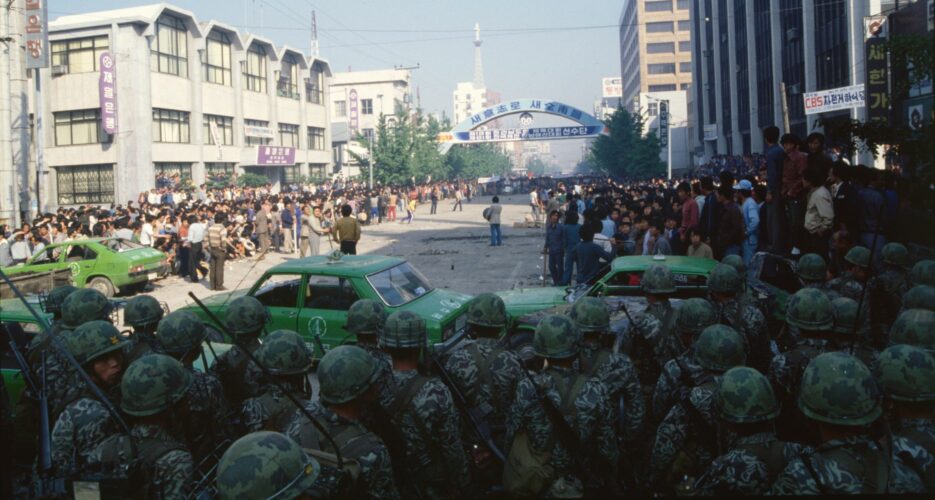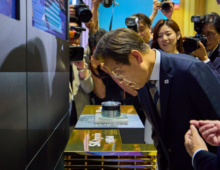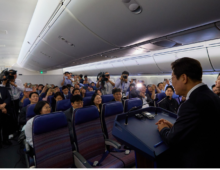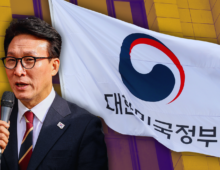Testimonies reveal systemic abuse and the failures in South Korea’s support for victims of state violence
After more than 40 years, survivors of sexual violence during South Korea’s 1980 Gwangju May 18 Democratization Movement have come forward, revealing not only the abuses committed by martial law forces but also exposing shortcomings in the country’s support systems for victims of state violence.
On Sept. 30, survivors shared their accounts during a historic testimony event at the National Assembly Library.
After more than 40 years, survivors of sexual violence during South Korea’s 1980 Gwangju May 18 Democratization Movement have come forward, revealing not only the abuses committed by martial law forces but also exposing shortcomings in the country’s support systems for victims of state violence.
On Sept. 30, survivors shared their accounts during a historic testimony event at the National Assembly Library.
Get your
KoreaPro
subscription today!
Unlock article access by becoming a KOREA PRO member today!
Unlock your access
to all our features.
Standard Annual plan includes:
-
Receive full archive access, full suite of newsletter products
-
Month in Review via email and the KOREA PRO website
-
Exclusive invites and priority access to member events
-
One year of access to NK News and NK News podcast
There are three plans available:
Lite, Standard and
Premium.
Explore which would be
the best one for you.
Explore membership options
© Korea Risk Group. All rights reserved.
No part of this content may be reproduced, distributed, or used for
commercial purposes without prior written permission from Korea Risk
Group.












